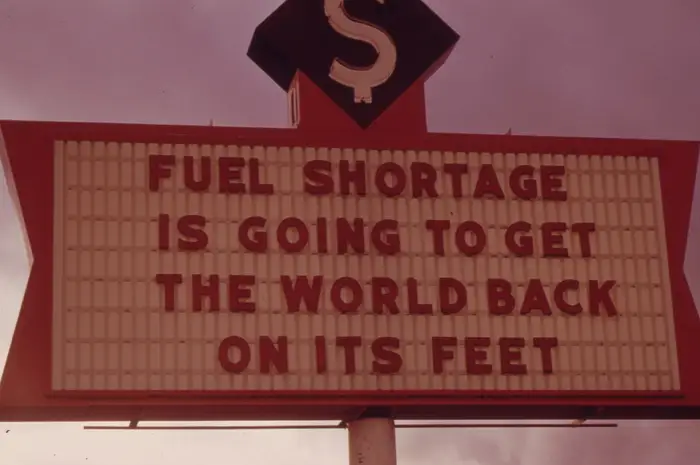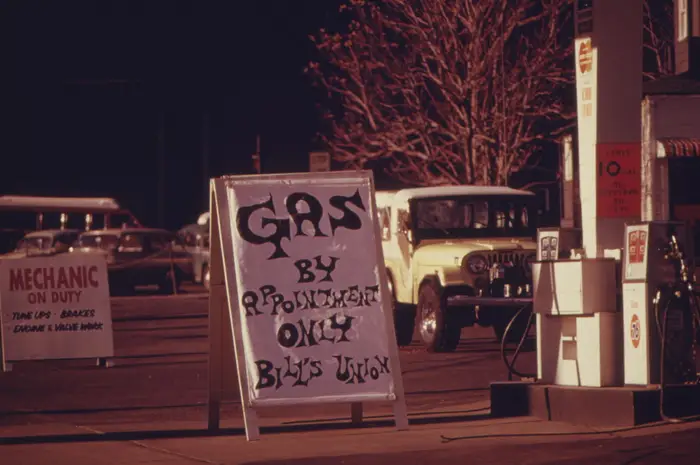Global energy crisis
Nearly 30% of global energy is lost during transmission, distribution and delivery to end consumers.
The world's coal reserves amount to 1000 billion tons. This means that at the current volumes of coal production there will be enough for another hundred years. However, a more serious problem is that the coal industry causes significant damage to the environment and is one of the most dangerous human activities.
At current levels of oil consumption, the world will last no more than 50 years. The problem is exacerbated by the fact that it becomes more and more difficult to extract oil, since the remaining oil reserves are deep in the bowels of the Earth.
Gas will end by 2060 – 40 years time.
The study finds that by 2050, 81 percent of all global hydropower dams will be in basins with very high or extreme risk for droughts, floods or both.
Nuclear power is an important global economic and technological industry. It is important to discuss problems related to nuclear energy.
Global energy crisis threatens to stop the entire industry around the world, leaving people without heating, without fuel and without electricity.
The current crisis involves all fossil fuels, while the previous price shocks were largely limited to oil at a time when the global economy was much more dependent on oil, and less dependent on gas. The world's economy is much more interlinked than it was before, magnifying the impact. That’s why we can refer to this as the first truly global energy crisis.
Unfortunately, this is likely to be the final and fatal global energy crisis.
Perhaps the current crisis could accelerate the rollout of cleaner, sustainable renewable energy such as wind and solar?







